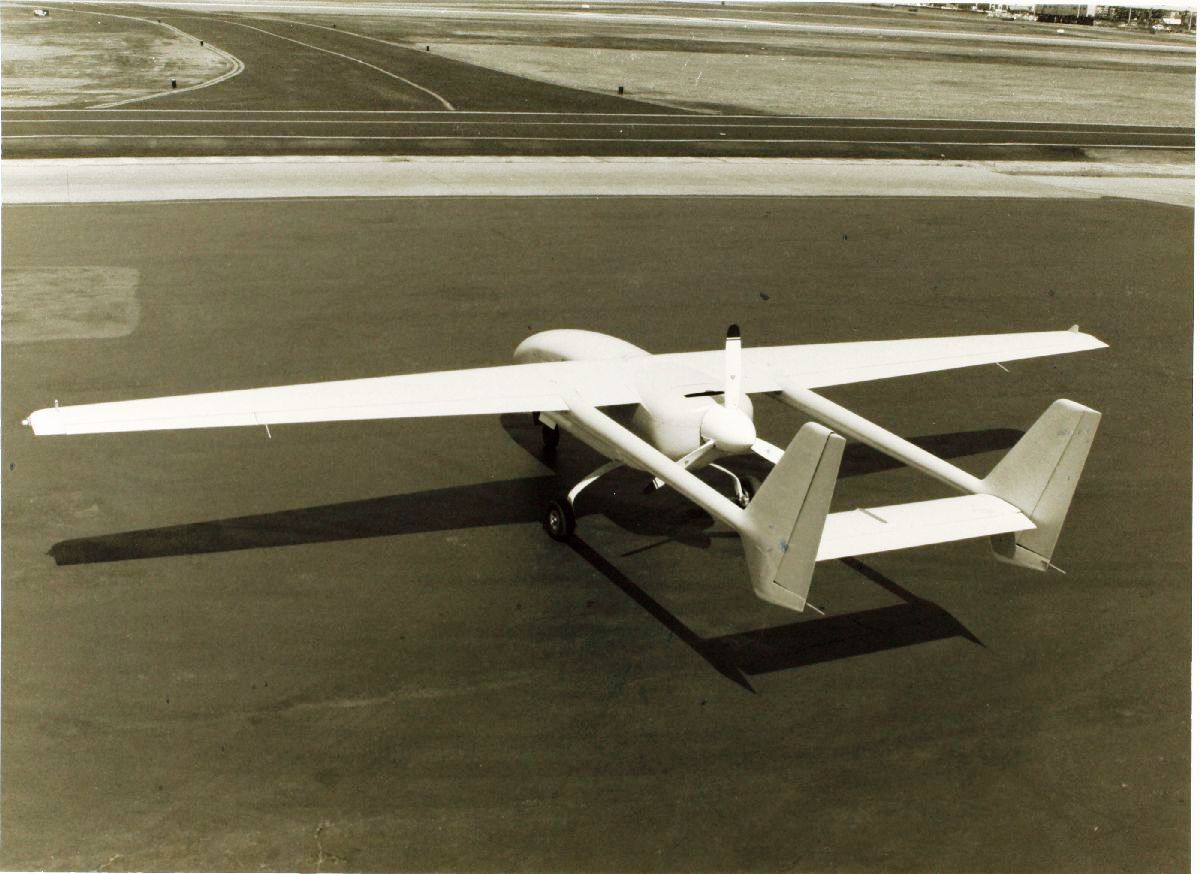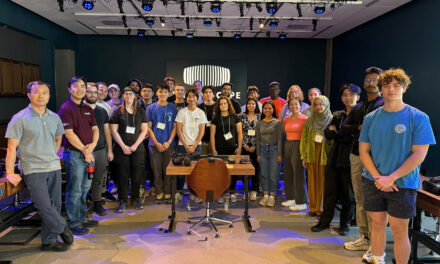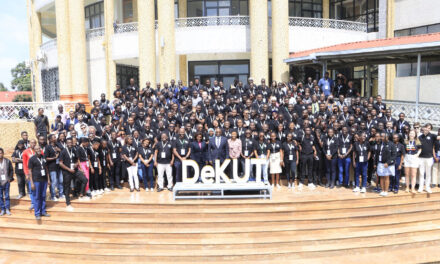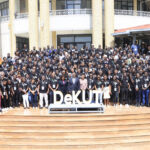
Rewriting the rules of war

The capabilities of drone aircraft and other emerging weapon technologies are making it imperative for nations to modernize the rules of war.
Posted November 20, 2012
The 20th century definition of war no longer applies to 21st century technologies used in war. With the introduction of drones, cyberattacks, self-guided bullets, lethal autonomous robots, exoskeleton, brain-reading helmets, among countless other technologies in development, war is not what it used to be and it requires a new rule book.
Brad Allenby and Carolyn Mattick state the case for updating the “laws of war” in an article presented by Future Tense, a collaboration between Arizona State University, the New America Foundation, and Slate magazine to explore how emerging technologies affect public policy and society.
Allenby is a professor in the School of Sustainable Engineering and the Built Environment, one of ASU’s Ira A. Fulton Schools of Engineering. He’s also a professor of engineering and ethics with ASU’s Lincoln Center for Applied Ethics, chair of the Consortium for Emerging Technologies, Military Operations and National Security and the founding chair of ASU’s Center for Earth Systems Engineering and Management.
Mattick is an ASU engineering doctoral candidate and a graduate fellow in emerging technologies at the Lincoln Center.
In Why We Need New ‘Rules of War,’ Allenby and Mattick detail how the historic battlefield has been “freed from the constraint of traditional weapons, extends globally through cyberconnections.”
No longer is it nations’ militaries in combat; war also includes intelligence agencies, private military contractors, nongovernmental organizations, nonstate global actors, among other players that do not fall under the traditional rules of war.
Accounting for new technologies and new actors in war, Allenby and Mattick close with an appeal “to develop a sophisticated and adaptive institutional capability to recognize critical change as it happens, understand the implications across multiple domains, and respond in ways that are rational, ethical and responsible” as the definition of war continues to rapidly evolve.
Allenby was interviewed on the topic recently on The Voice of Russia- American Edition radio program. Listen to the interview.
He also wrote on a related issue in Slate magazine’s Future Tense blog, commenting on the report “Losing Humanity: The Case Against Killer Robots.” Read the commentary.
Media Contacts:
Alicia Fremling, [email protected]
Future Tense
Joe Kullman, [email protected]
(480) 965-8122
Ira A. Fulton Schools of Engineering


































